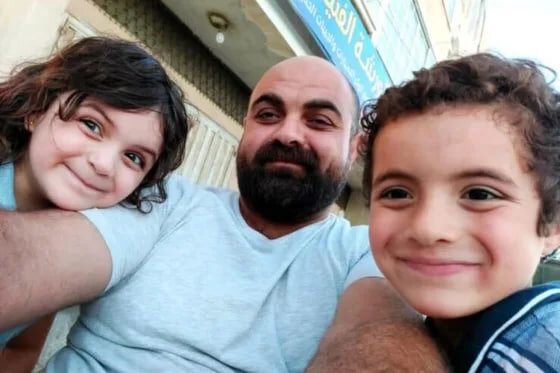
Similar Posts
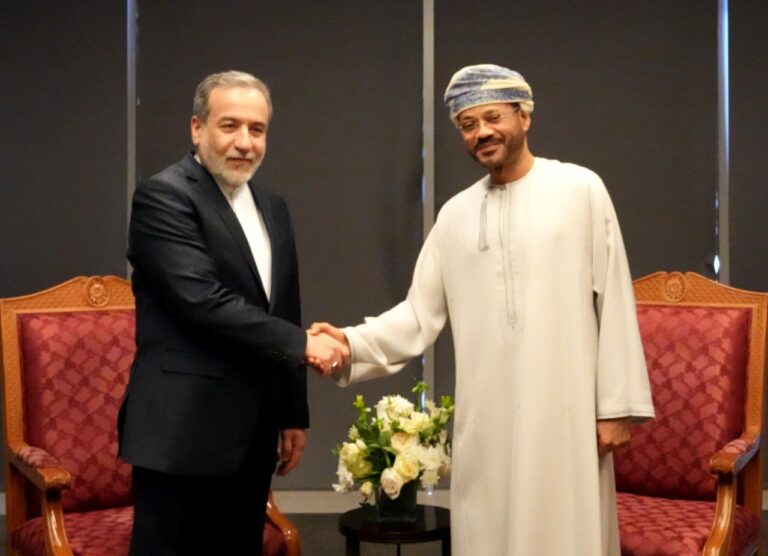
Strategic Talks: Iran and Oman Foreign Ministers Convene in Muscat for Key Discussions
Iranian Foreign Minister Abbas Araghchi has traveled to Oman for indirect talks with the United States regarding nuclear issues and the lifting of sanctions. This visit underscores the significant diplomatic role of Oman in facilitating dialogue between Iran and the US. During his meeting with Omani Foreign Minister Badr bin Hamad Al Busaidi, Araghchi expressed gratitude for Oman’s support in hosting these discussions. The negotiations come in the context of strained relations following the US withdrawal from the Joint Comprehensive Plan of Action in 2018. The outcome of these talks may impact regional stability and future diplomatic efforts.
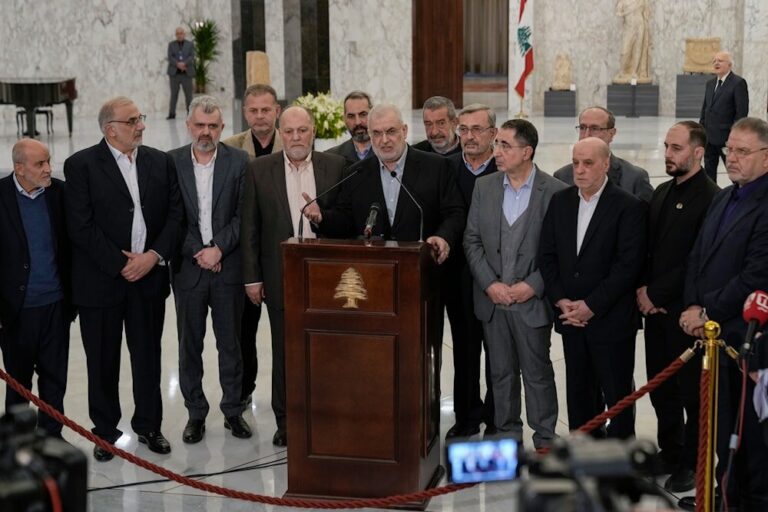
Lebanese MP Condemns US Diplomat’s Anti-Hezbollah Comments Amid Rising Tensions
US Deputy Special Envoy for the Middle East, Morgan Ortagus, faced backlash in Lebanon after asserting that Hezbollah was defeated by Israel, which Lebanese MP Mohammad Raad condemned as an attack on a key political faction. Raad criticized Ortagus’ comments as interference in Lebanese sovereignty and a violation of diplomatic norms. He argued that her statements reflect hostility towards Lebanon and undermine US claims of upholding democratic values. Raad highlighted the humanitarian consequences of US-backed Israeli actions and emphasized the need to expose aggressions against civilians. This incident illustrates the complexities of US involvement in Lebanese politics and regional tensions.
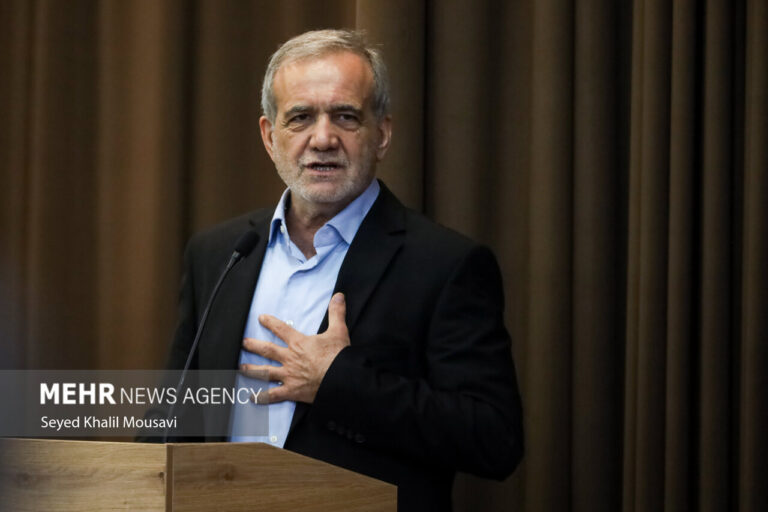
Iran Awaits US Communication: No Messages Received Amidst Rising Tensions
Recent tensions between the US and Iran have reignited discussions about reviving the Joint Comprehensive Plan of Action (JCPOA). Iranian official Pezeshkian confirmed that Iran has not received any messages from the US, highlighting a diplomatic deadlock. Foreign Minister Abbas Araghchi expressed openness to dialogue with President Trump but stressed that mere words won’t suffice, as Iran demands concrete actions to rebuild trust. Since the US exited the JCPOA in 2018, negotiations have stalled over sanctions. The international community watches closely, aware of the implications for regional stability and the complexities of reestablishing diplomatic relations.
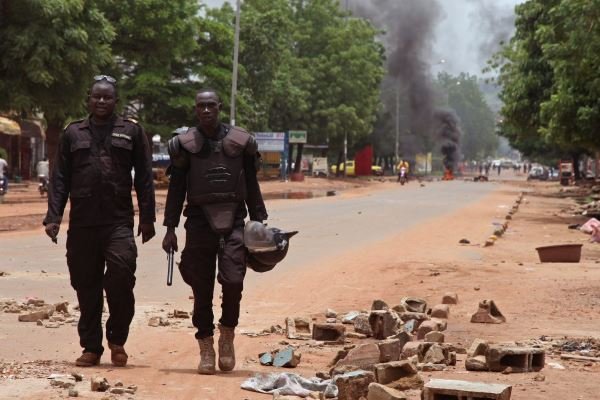
Deadly Terrorist Attack in Mali: Dozens Killed and Injured in Unthinkable Violence
The security situation in Mali worsens, particularly in the Gao region, which is facing ongoing instability and militant attacks. An official military statement highlights the Malian government’s struggle to maintain peace as armed groups threaten safety and economic development. Civilians suffer from displacement and insecurity, raising concerns among the international community, including the UN and NGOs. Despite efforts to strengthen military presence, experts stress the need for a comprehensive approach, including community engagement, development initiatives, and international cooperation. The attack underscores the urgent need for enhanced security measures and collaborative efforts to restore stability in Mali.
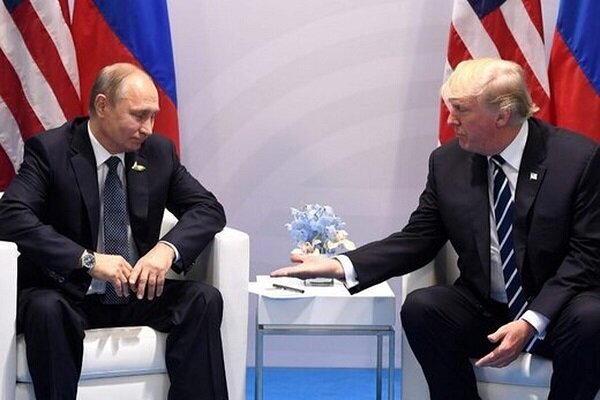
Trump Proposes Lifting Sanctions on Russia: Potential Shift in US Foreign Policy
The economic sanctions imposed on Russia by the US and Western nations following the Ukraine conflict have sparked significant debate. Russia views these sanctions as illegal and demands their removal. Former President Trump confirmed that no sanctions have been lifted, indicating that discussions are ongoing. Meanwhile, US Secretary of State Marco Rubio suggested that lifting sanctions may be necessary for a sustainable resolution, emphasizing the need for EU involvement in these discussions. President Putin claimed that sanctions have failed to destabilize Russia and have instead stimulated domestic growth. The evolving dialogue on sanctions highlights the complex interplay between diplomacy and economic measures in resolving the Ukraine crisis.
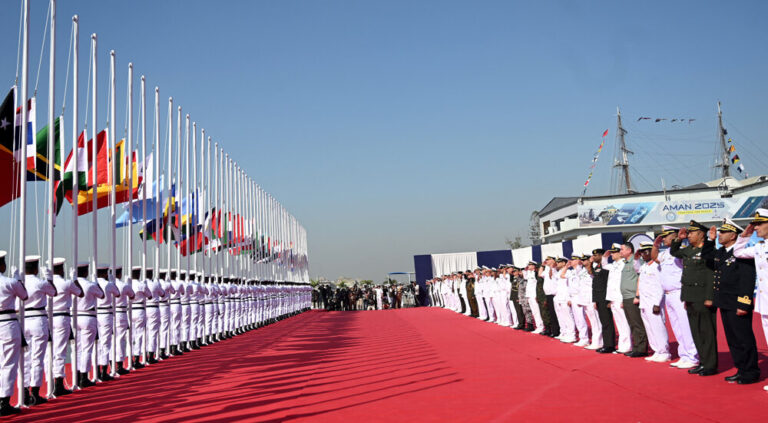
Iran Joins Forces with Pakistan in Spectacular Multinational Naval Drill – Watch the Action!
The ninth edition of Pakistan’s multinational naval exercise, AMAN-25, has begun in Karachi, involving representatives from over 60 countries, including Iran. This exercise aims to enhance maritime security and promote cooperation among global naval forces. Key features include joint naval operations, a focus on combating piracy and terrorism, and strengthening diplomatic ties. AMAN-25’s objectives include improving interoperability, sharing best practices, and fostering mutual trust among nations. Participants will engage in live demonstrations, simulated scenarios, and workshops. Overall, AMAN-25 represents a significant effort to bolster global maritime collaboration and ensure safe seas.